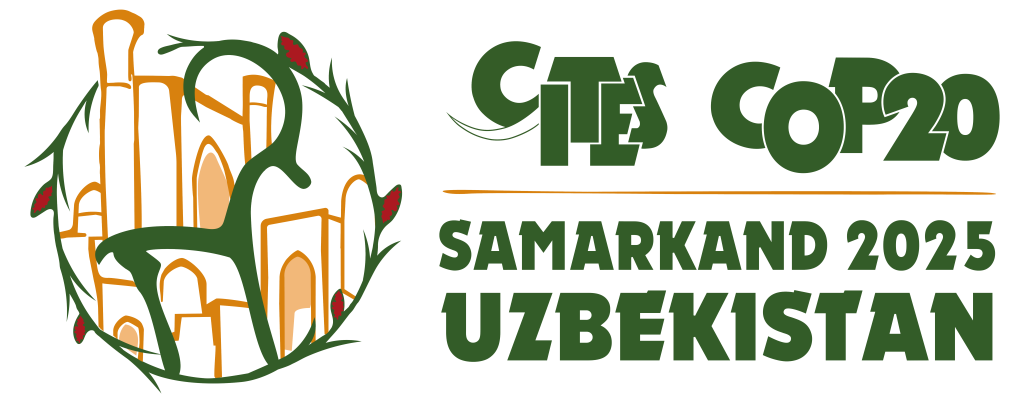Introduction
Few needs in life are more essential than health care. Everywhere in the world, people desire access to effective medicines, hospitals and care providers so that they can live long and healthy lives. On average, Americans spend over $7,000.00 on health care each year, while Europeans spend around half this figure.
To put this into perspective, many Americans and Europeans spend more on health care every year than the annual average income of someone living and working in China (around $5,400.00). And spending on health care continues to increase as the demand for new products and services expands, medical discoveries are made and technological breakthroughs occur. Medicines continue to be a significant part of our health care infrastructure.
Billions of dollars are invested each year by pharmaceutical companies to develop new drugs. These alleviate medical conditions, improve recovery from illnesses and diseases, control symptoms and slow the progression of diseases. In addition, there is a large demand for homeopathic medicines and traditional treatments, such as acupuncture.
Against this background, the market for traditional Chinese medicines is relatively small. And yet, like medicines prescribed in the western world, they provide proven and valuable treatments for people combating illness and disease. Oftentimes, traditional Chinese medicines offer a lower price alternative to invasive, and potentially risky, surgery.
View PDF in English.
View PDF in French.
View PDF in Spanish.



